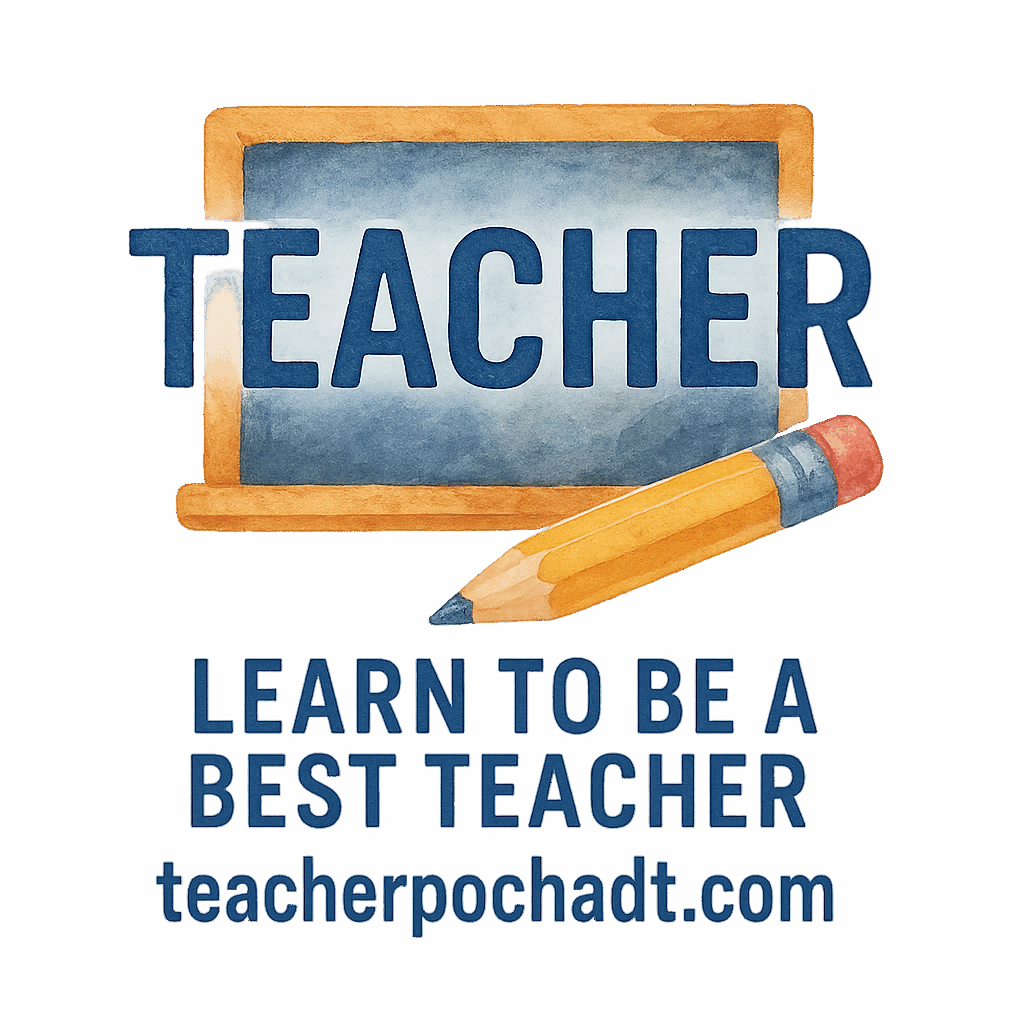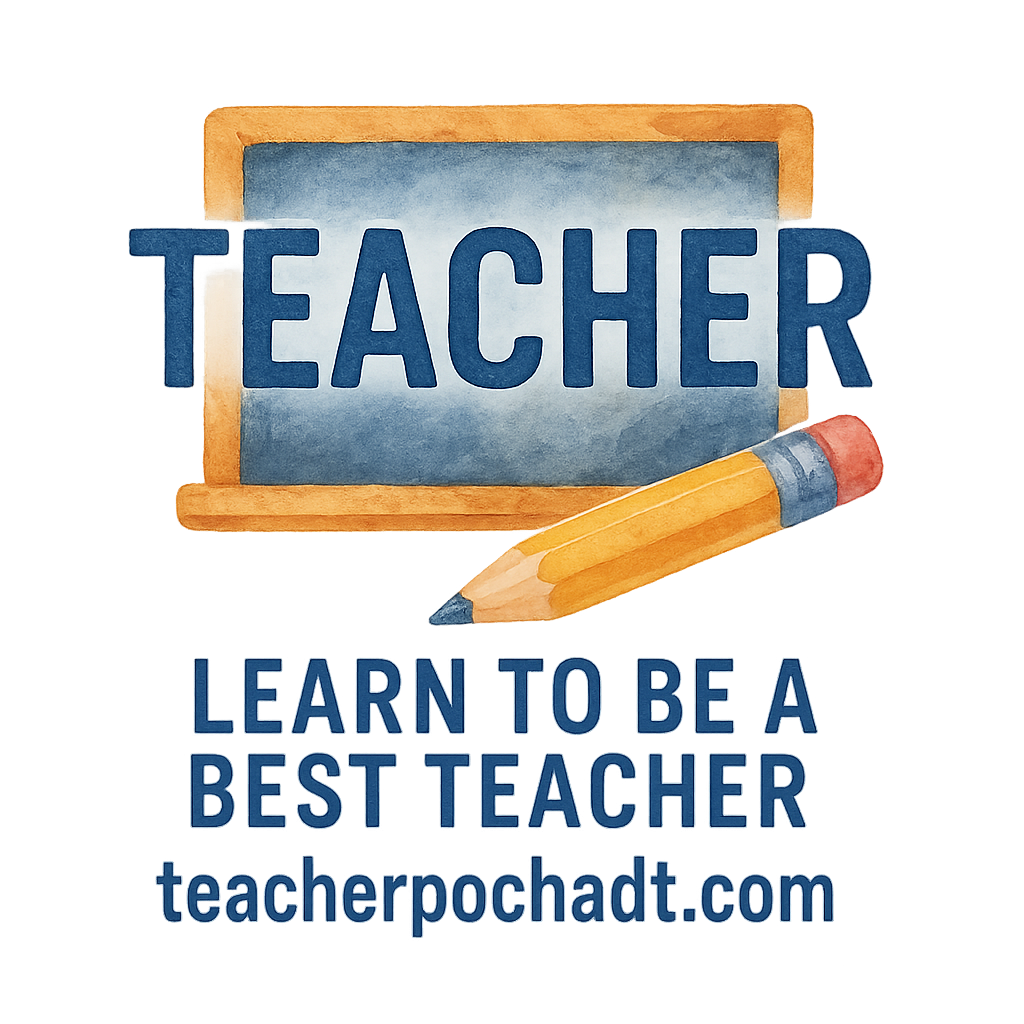Introduction
Being a teacher is much more than just presenting information; it’s about building relationships, fostering a positive classroom environment, and adapting to meet the diverse needs of students. To become an effective educator, mastering a variety of essential skills is crucial. This article dives into the 10 essential skills every teacher should master to create engaging, effective, and supportive learning experiences for all students.
Why Teacher Skills Matter
In education, teachers are constantly interacting with students, parents, and other staff members. The skills you develop directly influence the quality of your teaching and, ultimately, the learning outcomes of your students. Every educator must evolve with the times, refining their skills and techniques. This ongoing professional development is key for fostering a positive and productive classroom culture. Want to know how to develop skills like classroom control or student engagement? Let’s explore further.
1. Classroom Management
Classroom management is often regarded as the cornerstone of effective teaching. A well-managed classroom promotes an atmosphere conducive to learning, while poor management can lead to chaos, disengagement, and decreased academic achievement.
Techniques for Effective Classroom Management
- Setting Clear Expectations: From the very first day, establish clear behavioral expectations. Communicate these clearly to students and make sure they understand the consequences of their actions.
- Consistency: A teacher’s consistency is crucial in reinforcing positive behavior and maintaining order. Being consistent in your expectations will help prevent confusion among students.
- Building Relationships: A positive teacher-student relationship fosters respect, cooperation, and trust. When students feel valued, they are more likely to follow classroom rules.
For more tips on maintaining classroom harmony, check out our guide on Classroom Management.
2. Communication Skills
Communication is at the heart of teaching. Whether you’re delivering a lesson, providing feedback, or engaging with parents, your ability to communicate effectively makes a huge difference in how well your students understand the material.
Active Listening in Teaching
Active listening is one of the most important communication skills a teacher can develop. Listening carefully to your students, understanding their concerns, and responding appropriately builds a supportive learning environment.
Verbal and Non-verbal Communication
Don’t forget the power of body language! Your facial expressions, tone of voice, and posture all send important messages. By paying attention to these non-verbal cues, you can enhance your communication with students and foster a positive classroom atmosphere.
For more on building your communication strategies, take a look at Teacher Communication.
3. Student Engagement
Engaging students in the learning process is essential for fostering a love of learning. Engaged students are more motivated, attentive, and likely to retain information.
Interactive Learning
Interactive methods, such as group work, hands-on projects, and active problem-solving, can turn passive learners into active participants. These approaches promote deeper understanding and increase student involvement.
Using Technology for Engagement
Technology offers various tools that can be used to engage students in new and exciting ways. From digital quizzes to interactive simulations, tech tools can keep students interested and motivated.
If you’re looking for more tech-related strategies, check out our article on Classroom Technology.
4. Adaptability and Flexibility
Teaching is rarely predictable. Students come with different learning styles, abilities, and backgrounds. Being adaptable allows you to adjust your methods to meet each student’s unique needs.
Modifying Teaching Methods
A flexible teacher can adjust lesson plans based on how students are progressing. This may involve rethinking the teaching approach or offering alternative explanations for difficult concepts.
Flexibility is a crucial skill in today’s classrooms, so be sure to explore Teaching Skills to refine your teaching strategies.
5. Time Management
Teachers juggle a variety of tasks daily, from preparing lesson plans to grading papers and meeting with parents. Effective time management helps prevent burnout while ensuring that all tasks are completed on time.
Prioritizing Tasks
Good time management means prioritizing your tasks and focusing on the most important ones first. It’s essential to maintain a balance between work and personal time to avoid feeling overwhelmed.
For more tips on how to stay organized and efficient, explore our section on Growth & Development.

6. Subject Mastery
To teach effectively, you must have a deep understanding of the subject matter. This not only helps in delivering clear, accurate lessons but also in answering students’ questions with confidence.
Continuous Learning
Teaching doesn’t end with certification. The best educators are those who continually seek to improve their knowledge and skills. Professional development opportunities like workshops, courses, and conferences are great ways to stay ahead in your field.
For more on subject mastery and staying up-to-date, check out our article on 2025 Education.
Keeping Up with Educational Trends
It’s important to stay informed about new developments in education. Whether it’s a shift in curriculum or the latest teaching method, being aware of these trends will help you stay relevant in your field.
7. Collaboration and Teamwork
Education is a team effort. Teachers often collaborate with colleagues, school staff, and parents to ensure student success.
Building a Support Network
Developing strong professional relationships with colleagues can help you exchange ideas, share resources, and solve challenges together. A supportive network is invaluable in maintaining teacher motivation and student achievement.
Explore more on collaboration through our article on Classroom Culture.
8. Assessment and Evaluation
Evaluating student progress is essential in determining whether your teaching is effective. Well-designed assessments not only help you measure learning but also provide feedback for further improvement.
Formative and Summative Assessments
Formative assessments (like quizzes or class discussions) offer real-time feedback, allowing teachers to make adjustments to their teaching approach. Summative assessments (such as final exams) offer a more comprehensive look at student understanding.
Check out our guide on Behavior Tips for more on assessing and managing student behavior effectively.
9. Emotional Intelligence
Teachers with high emotional intelligence (EQ) can better understand and manage their own emotions, as well as those of their students. This skill is critical in maintaining a healthy and supportive classroom environment.
Managing Stress and Emotions
Emotional intelligence helps teachers stay calm in stressful situations, making it easier to handle classroom disruptions, time pressure, and difficult conversations with students or parents.
Learn more about emotional intelligence and its role in the classroom in our section on Teacher Reflection.
10. Technological Proficiency
Technology is an essential part of modern education, and teachers who are proficient in using digital tools are better equipped to engage students and enhance learning.
Digital Tools for Teachers
From learning management systems to interactive classroom apps, there are numerous digital tools available to streamline your teaching and make lessons more interactive.
Online Learning Platforms
As online education continues to grow, understanding how to effectively use platforms like Google Classroom, Zoom, or Moodle is essential for teachers.
For more on incorporating technology in the classroom, check out our guide on Teacher Tech.
Conclusion
Mastering these 10 essential skills will help you become a more effective, adaptable, and well-rounded educator. Whether it’s improving classroom management or incorporating new technology, these skills are vital to creating a positive learning environment for your students. The best teachers are those who are committed to constant growth and professional development.
FAQs
- What is the most important skill for a teacher to have?
Classroom management is key, as it lays the foundation for a productive learning environment. - How can I improve my communication skills as a teacher?
Practice active listening, use non-verbal cues effectively, and always seek feedback from your students. - Why is student engagement important?
Engaged students are more likely to retain information, participate in lessons, and enjoy the learning process. - How can I keep up with educational trends?
Stay updated by attending professional development events, reading educational journals, and engaging with other educators. - What is emotional intelligence, and why is it important for teachers?
Emotional intelligence helps teachers manage their emotions and respond to students’ needs, fostering a positive classroom environment. - How can I incorporate technology into my teaching?
Use interactive apps, digital tools, and e-learning platforms to make your lessons more engaging and efficient. - What is the best way to assess student progress?
Use both formative and summative assessments to get a comprehensive view of your students’ understanding and tailor your teaching accordingly.


